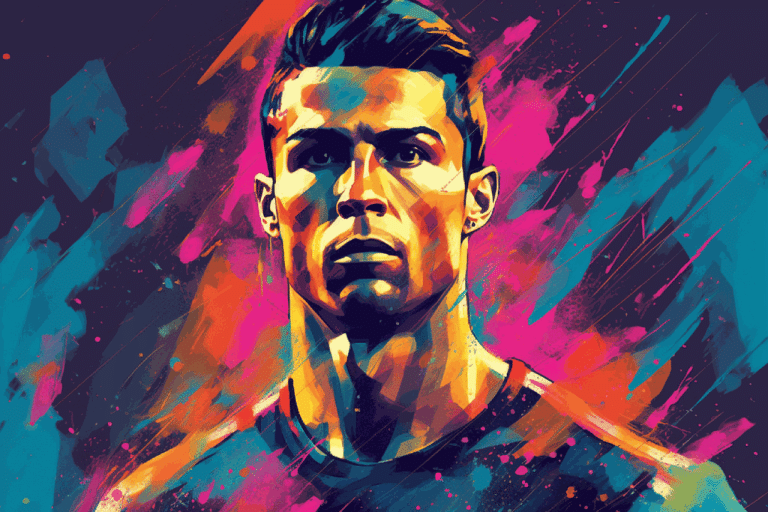Football superstar Christiano Ronaldo’s motion to dismiss a $1 billion class action lawsuit related to his promotion of non-fungible tokens (NFTs) on Binance was denied by Judge Roy Altman on May 4. The lawsuit was filed by investors in November 2023, one year after Ronaldo launched an NFT collection called “CR7” in collaboration with Binance. The collection includes digital collectibles of Ronaldo and moments from his sports career, and prosecutors alleged that his promotion of these NFTs was deceptive and unlawful, leading investors to make costly decisions. Since early 2022, Ethereum-based NFT mints and trading volume have dropped alongside floor prices.
Some of Ronaldo’s promotional activities for Binance included posts on his Instagram account, including one where he played foosball with another athlete sponsored by the exchange. In November, plaintiffs asserted that Binance had engaged in fraud by selling unregistered securities, which was allegedly enabled and bolstered by celebrities like Ronaldo. Binance is currently facing a legal battle with U.S. regulators over whether the NFTs and tokens on its platform constitute investment contracts under U.S. securities law. Ronaldo’s promotion efforts led to a 500% increase in Google searches for the keyword “Binance” upon announcing his partnership with the exchange, and his premium NFTs sold out within one week of launch.
The judge’s ruling on Ronaldo’s motion to dismiss the lawsuit directed the Clerk of Court to close and stay the case until pending motions regarding arbitration in a related action have been adjudicated. Arbitration is a private form of dispute resolution where a neutral third party makes the final decision on the case instead of going to court. The CR7 NFT collection launched by Ronaldo in collaboration with Binance is named after his initials and shirt number, and it aims to represent innovation, artistry, and fan engagement. The prosecutors alleged that Ronaldo’s promotion of these NFTs misled investors into making unsafe investment decisions.
Ronaldo’s Instagram posts promoting his NFT collection and collaboration with Binance included images of him playing foosball with another sponsored athlete and sharing his excitement about meeting and training with the holders of his rarest NFTs. The November lawsuit against Ronaldo and Binance claimed that the exchange’s fraudulent activities were able to succeed due to the sale of unregistered securities, which were supported by celebrities like Ronaldo. The plaintiffs argued that Ronaldo’s promotional efforts significantly boosted sales and interest in Binance, leading to a surge in Google searches and a quick sell-out of his premium NFTs.
The denial of Ronaldo’s motion to dismiss the $1 billion class action lawsuit indicates that he will continue to face legal proceedings related to his promotion of NFTs on Binance. This decision comes in the context of increased scrutiny of cryptocurrency platforms and their marketing strategies, particularly concerning potential violations of securities laws. The ongoing legal battle between Binance and U.S. regulators over the classification of NFTs and tokens as investment contracts further complicates the situation for Ronaldo and others involved in promoting these assets. The outcome of the case will likely have broader implications for the regulation of NFTs and celebrity endorsements in the cryptocurrency industry.


